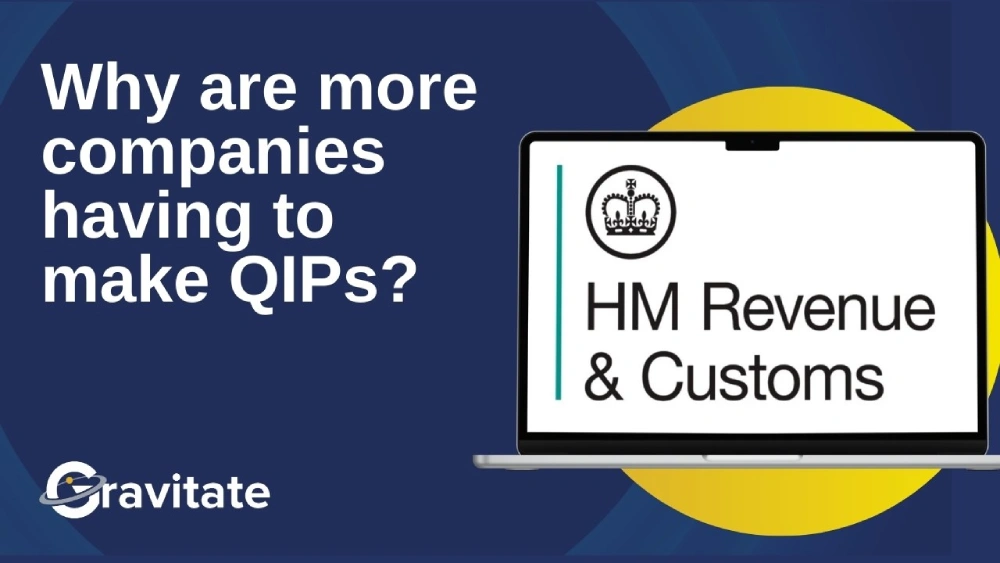Due to their complex funding streams, high volume of small transactions and intense regulatory scrutiny, auditing a privately owned care home business can be uniquely challenging for both the auditor and the company itself.
In this blog, I’ll be outlining ways that care homes can make the audit process easier and less time consuming.
Gravitate are not auditors, but we do encourage auditors to advocate for their clients to adopt these steps.
Why is auditing a care home business a challenge?
There are several reasons why private care home companies can be a pain to audit if the right preparations aren’t made.
- Care homes often have multiple complex funding streams, including local authorities and NHS funding, each with its own documentation, reporting rules and schedules.
- Transactions are numerous (and often quite small), including micro-transactions like care, meals, medication and personal expenses.
- The Care Quality Commission (CQC) and local councils enforce strict regulations, which auditors must consider when measuring care quality metrics and financial compliance.
- Care home leaders are usually from a healthcare background, not finance. This means the internal finance function may not have all the necessary skills to run a flawless finance function.
- Care homes may also manage residents’ personal spending money, meaning absolute precision and transparency is needed when auditing resident fund accounts.
You can read more about the financial challenges facing care homes in my previous blog.
Streamlined information, better reporting and a digital audit trail means the company is more likely to get a positive audit opinion, and it means the auditors themselves can reduce the expense and time sink involved with conducting even the most complex audits for care home clients.
Why auditors should be advocating for automation
Automation has been a secret weapon in finance for a while now, and it is more accessible and cost-effective than it has ever been.
Digital automation of finances isn’t just for big corporations anymore, and auditors of care homes should be encouraging their clients to adopt these systems to make everyone’s lives easier.
- Streamlined data collection and reconciliation: This allows care homes to pull data from banks, care management software and various funding sources into one place. This eliminates manual entry requirements and reduces reconciliation errors.
- Real-time financial reporting: Automation means finance teams and auditors can access the latest financial information any time, enabling a smoother and more transparent audit preparation process.
- Digital audit trails: Every transaction, no matter how small, is logged automatically and is highly traceable. This helps with resident funds, regulatory inspections and automates proof of compliance.
- Automated alerts for anomalies: Automated systems can flag irregular patterns like missed payments, overcharges, or duplicate expenses before they cause issues with the audit.
- Standardisation of documents and processes: Variability in documentation can slow an audit right down. Automation tools can often standardise invoices, receipts, payroll and other documentation to save loads of time.
- Time and cost savings: It’s no secret that automation cuts down on staff time spent on manual entry and fixing errors, but it also saves the auditor time too, enabling them to focus more on key risk areas.
A care home business audit is a high-risk, complex process. Automation can make this far more manageable and efficient for both auditors and internal finance teams.
Crucially in the care home sector, where accountability and resident wellbeing are critical, automation can also help build valuable trust for both the care homes and their auditors.
If you are an auditor with a client who could benefit from modernising and automating their finance function and records, Gravitate can take care of this, leaving you to focus on conducting high-quality audits.

.png)


.png)

.png)
.png)

.png)
.png)
.png)













.png)
.png)
.png)

.png)
.png)

.png)






.webp)
.webp)









.jpg)

.webp)
.png)

.svg)
